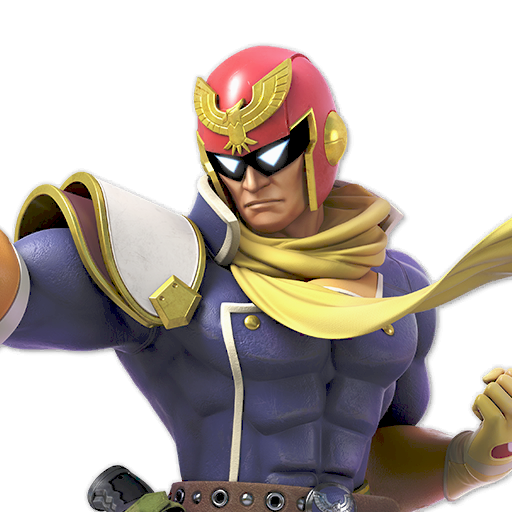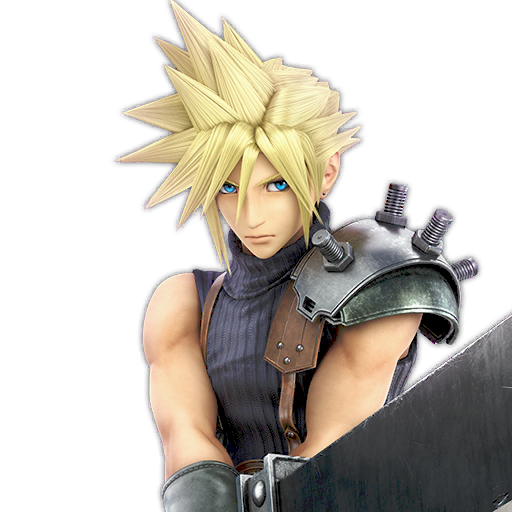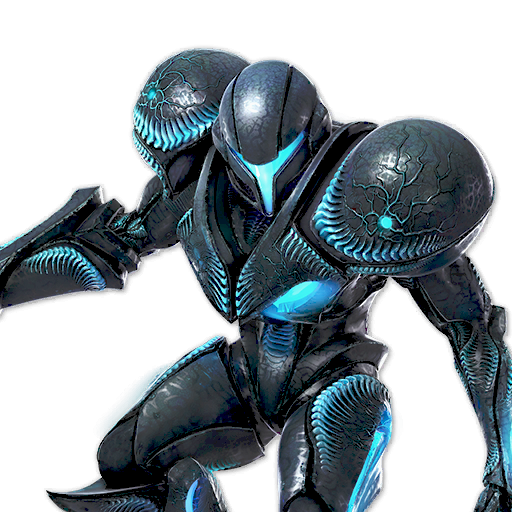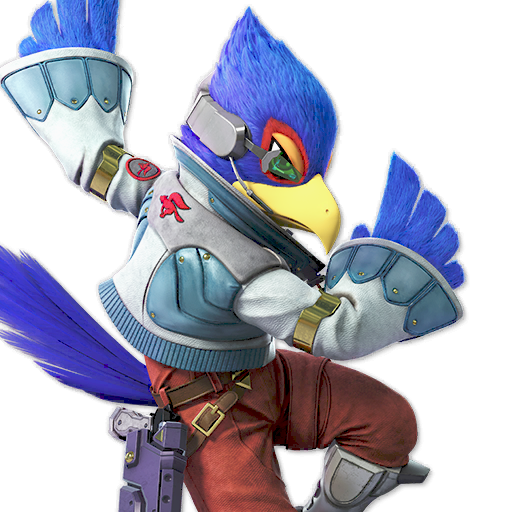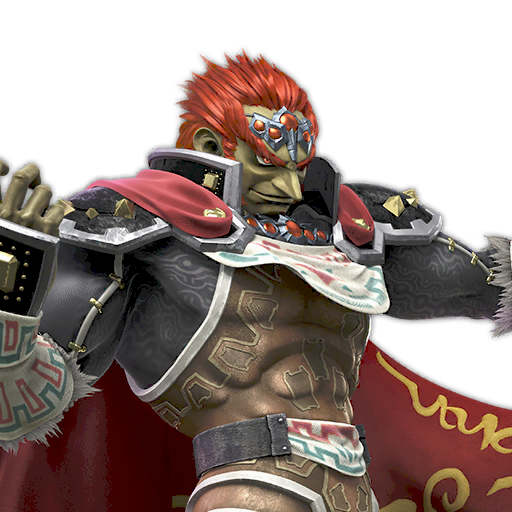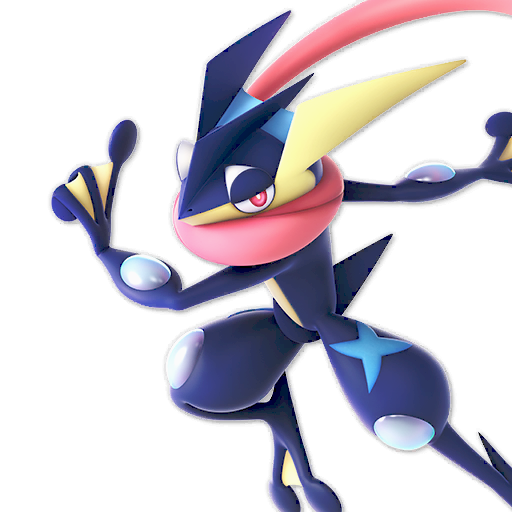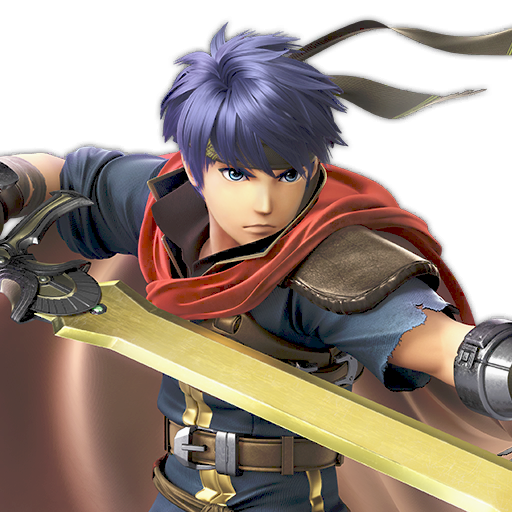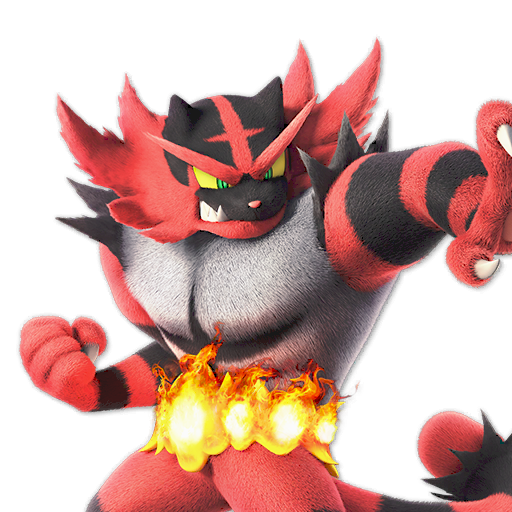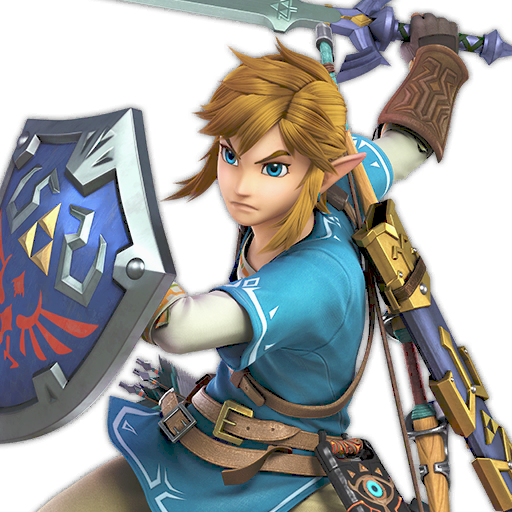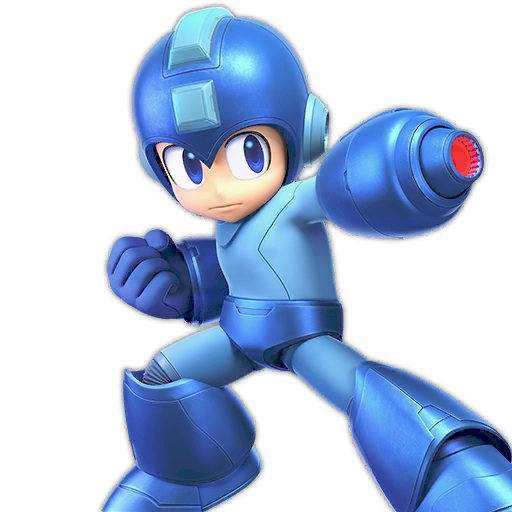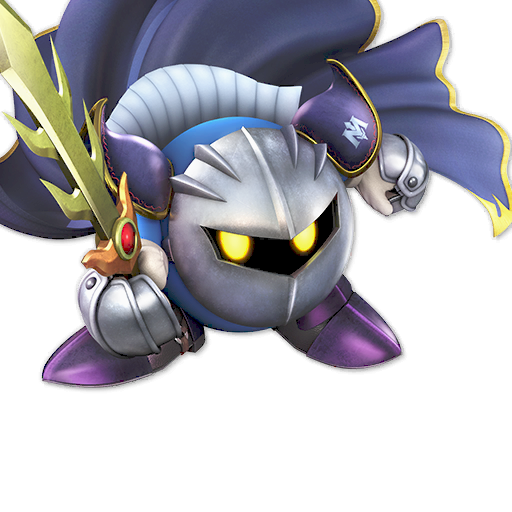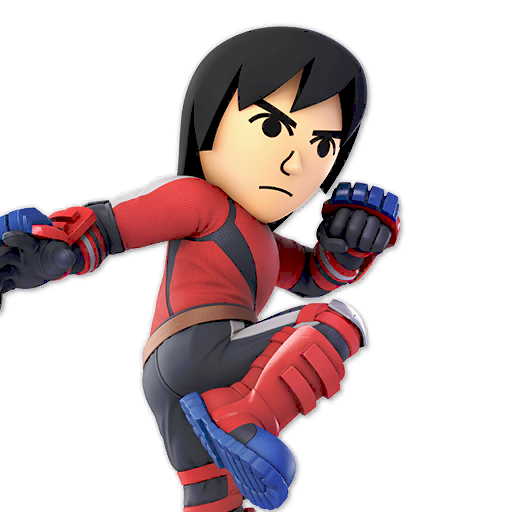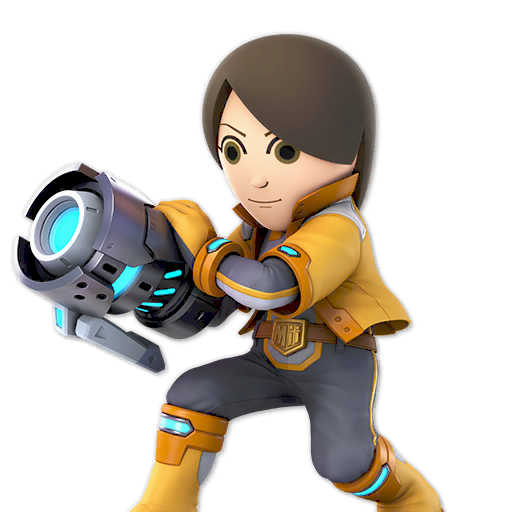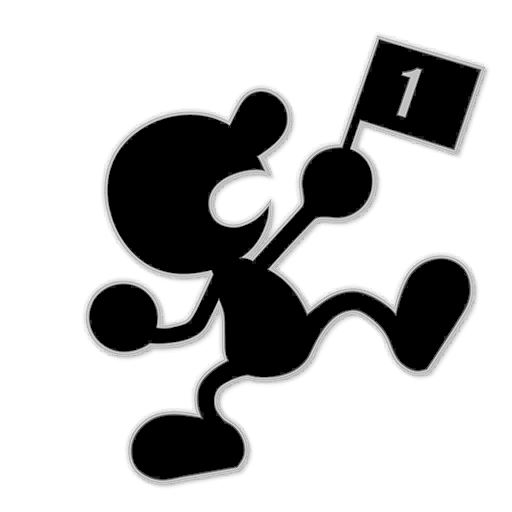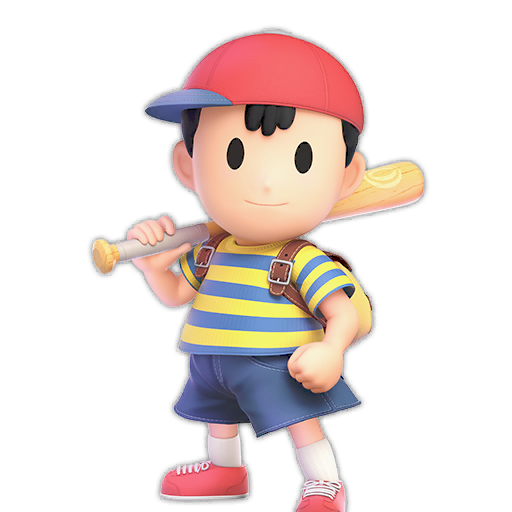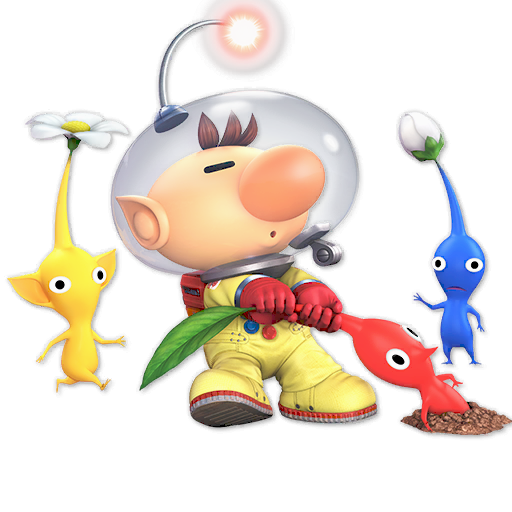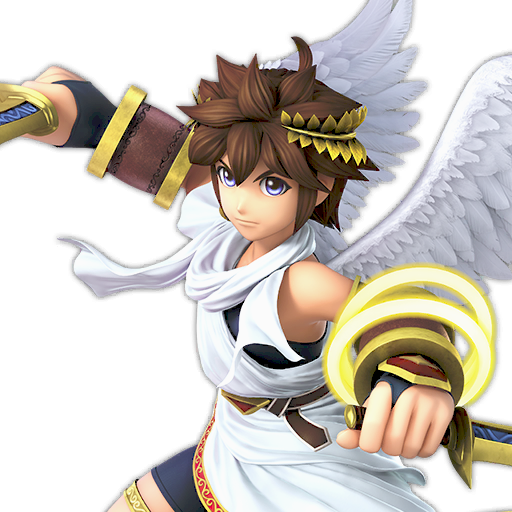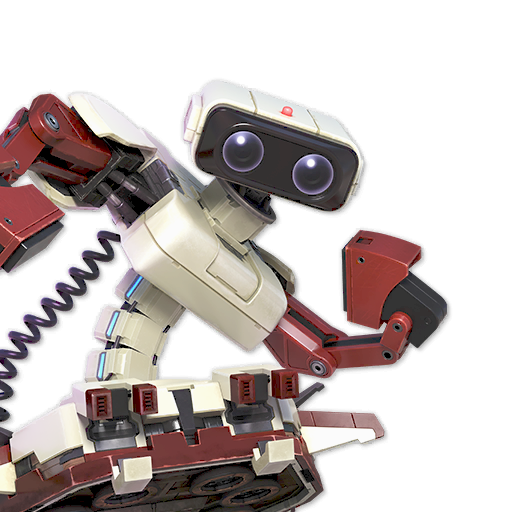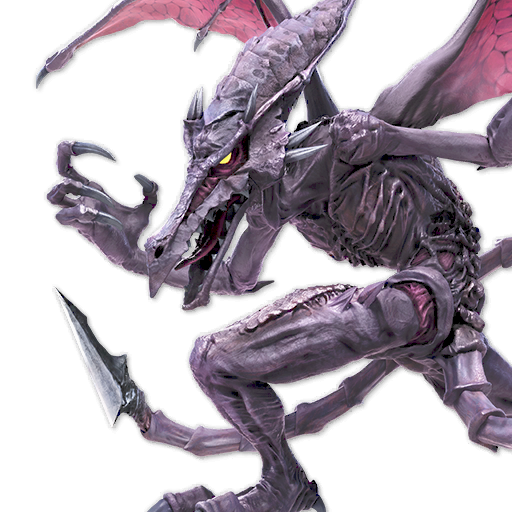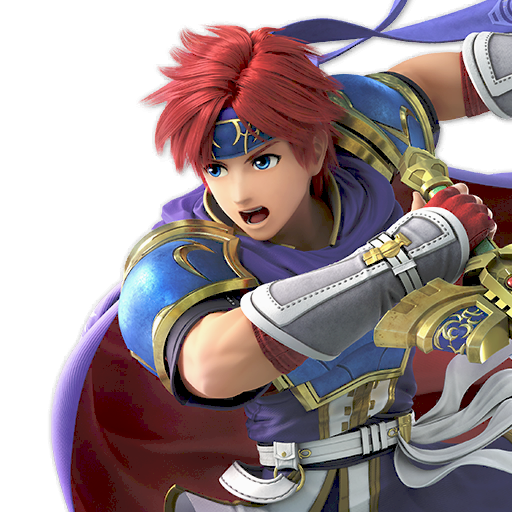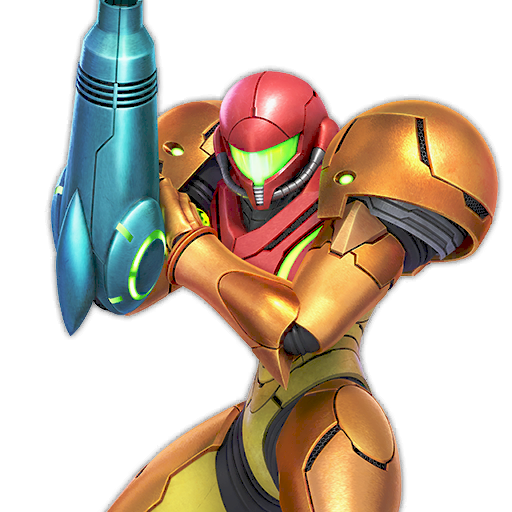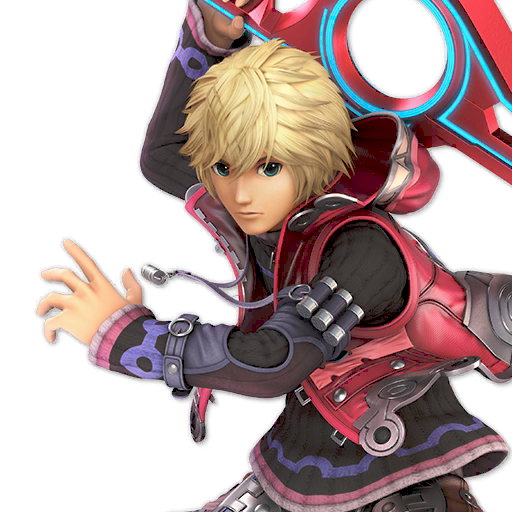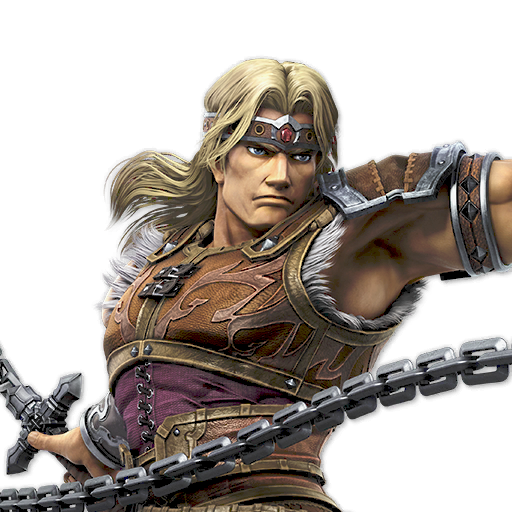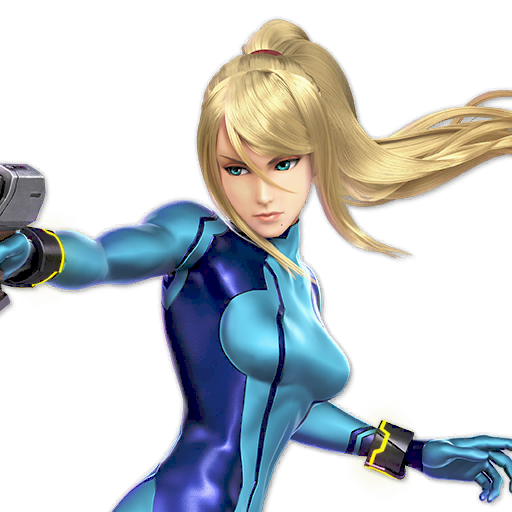A Truly Complete Knowledge (Learning MUs properly)
The obvious can, and frequently does, escape us. Turns out the “obvious” isn’t quite as obvious as we like to say. We play MUs over and over -- even with potentially different people -- and many of us assume that our general, intuitive understanding of basic ranges and gimmicks acquired from playing a MU a lot qualifies as MU knowledge. I argue that this is far from the case.
Euclid of Alexandria is famous for having written The Elements: a treatise on geometry and algebra. In The Elements, Euclid details a theorem -- a thereom so “obvious” that the Epicureans made sport of mocking it for being “evident to even an ass.” The theorem was the triangle inequality theorem, which basically says that if you take any two sides of a triangle, they will always be longer than the remaining side.
Proclus objected to this ridicule. He said, in essence, that to know that something is the case is not enough, but why and how it is the case.
In Smash, we have a lot of would-be Epicureans when it comes to learning MUs. You point things out to them, and they dismiss it as a useless given -- they already know. What they seldom fail to underappreciate though is the massive difference between knowing things when they’re pointed out to you and independently producing these observations yourself in an actionable way. Things seem painfully obvious when people point them out to you:
“Yeah, I know Mega Man shoots lemons, what about it?”
But do you understand the significance of that statement? You know that you left the stove on in a house with a gas leak, but do you understand why that’s a problem? Similarly, it’s not enough to know that Mega Man shoots lemons -- that’s too general and vague; it gives you little actionable information -- you need to know why he does; when he does; how he does. To fully understand a MU, you need to understand a character’s motivation -- their ends and their means; not just their gimmicks and properties.
So how do you break down and actually learn a MU?
Framing the character
In order to recognize patterns, you need to break things up. This list is obviously not exhaustive, but to give you a general idea, here’s an example of how a character can be broken up:
- Neutral and approaches
- Ledge options
- Recovery patterns
- Gimmicks
Though not everything a character can do can be codified, thanks to the very concept of a metagame, most of the things they can be expected to do can be!
Recognizing recurring patterns
Watch vids of your favorite top players of characters. Pick a particular “frame,” e.g. neutral, offstage, etc. and mark points throughout the video when that player is in that frame. What’s the overlap among most, if not all of these points?
In this video of Mr. Concon vs Ike Tyson, what do you keep seeing Concon do? He’s not just doing things randomly; he’s doing things in chunks. When in neutral, he does one of three things, generally:
- He FAirs to NAir on shield
- He plays “fireball chicken” where he baits Ike Tyson into PSing a fireball so he can grab
- Spaces BAirs
Hearkening back to the original point, this may seem painfully obvious now that I’m pointing it out to you, but unless you routinely make use of this information and demonstrate it through superior play against that character, I’m going to say it was obviously not obvious enough.
All characters operate in these “chunks,” and the tricky part is identifying which chunk ends where. And some of these patterns/chunks are harder to identify than others. Some characters have patterns whose general concept is obvious, but whose exact sequences and motivations may not be, such as Toon Link.
It’s plain that he shoots arrows, throws bombs and throws boomerangs at strange angles, but the exact sequence in which he does these things is not so plain. “Work your way through his projectiles” is impoverished advice at best.
To identify such things simply by playing the MU a lot is not only difficult, it is highly impractical.
- When does he throw any of these?
- How does he throw any of these?
- Why does he throw any of these?
- In a word, what is his motivation?
Knowing simply that at some point you're going to have to deal with having loads of shit thrown at you is far from sufficient.
Needless to say, grinding a MU does not guarantee expertise therein. The common refrain is that frequent exposure to a MU qualifies one as an expert, but in the same way an ass can traverse the short leg of a triangle to reach its fodder millions of times yet never become any the wiser to the nature of the triangle, so, too, can a player play against character a million times and never explicitly understand and recognize the modus operandi of that character so much as general strategies reconstructed from recent memory, e.g. you know Dedede likes to DTilt sometimes but don't really know when, after what or why he'd do it with preference to another move. An intuitive feel for ranges and a general sense of what and what not to do a robust MU knowledge do not make.
To learn a MU properly, you have to take the time to investigate the “obvious” to a point where it truly does become obvious and scrutable down to a science.
Mega Man shoots lemons; not good enough.
Mega Man shoot lemons to get you to shield; better, but still a ways to go.
Mega Man shoots a lemon, short hops, shoots another lemon, then fullhops into your with a crossup UAir.
Now we're getting somewhere!
The less precision with which you identify these patterns, motivations and "chunks", the less precision you afford yourself and the more you rely on novel responses to situations you've been in a million times, but never meaningfully recognized or understood from a first-person perspective.
We should be selective about what we call "obvious" when learning and studying. That the heart pumps blood is obvious, but this knowledge hardly makes us doctors. That Mega Man shoots lemons is obvious, but this hardly makes us experts.
I won't refund any IQ lost upon reading this Kindergarten-level writing, I will, however, give you my Twitter, should you wish for more such misery! --> my Twitter <--
This blog post was written by a SSB World community member. Share your Smash 4 knowledge by creating your own blog post now.
Share your feedback:
You must log in to comment.






